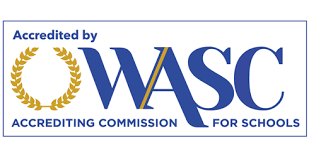Is your child engaged and curious in his/her classroom?
/No? Your child might be gifted. Gifted students often disengage in the classroom because the material is taught at a pace that is much too slow for them. They find themselves often waiting for the other students in the class to “get it” when they mastered the concept within a few minutes. They’ve already moved on to ponder two or three other interesting ideas they thought of alone. This can lead to frustration, disruptive behavior, even problematic arrogance. When homework is too easy for many years, gifted students expect it to always be easy and unfortunately get anxious when they face a difficult challenge.
The National Association for Gifted Children observes this pattern.
Good teaching for gifted learners requires an understanding of "supported risk." Highly able learners often make very good grades with relative ease for a long time in school. They see themselves (and often rightly so) as expected to make "A's," get right answers, and lead the way. In other words, they succeed without "normal" encounters with failure. Then, when a teacher presents a high-challenge task, the student feels threatened. Not only has he or she likely not learned to study hard, take risks and strive, but the student's image is threatened as well. A good teacher of gifted students understands that dynamic, and thus invites, cajoles and insists on
risk -- but in a way that supports success.
They define these students as students with gifts and talents who perform - or have the capability to perform - at higher levels compared to others of the same age, experience, and environment in one or more domains. They require modification(s) to their educational experience(s) to learn and realize their potential. Chronos Academy was founded especially for these students. We provide a wide array of integrated topics each week; students choose what interests them and research their own unique presentations. We provide meaningful classwork in small rhythmic doses with flexible accommodations on each. We provide open-ended questions to debate and problems to tackle, and we honor curiosity, even when it’s off-topic. We downplay grade level expectations (and grades!) and challenge each student at their own level, rewarding effort rather than ability. The payoff is children learning vast information and skills voluntarily in a relaxed environment.






